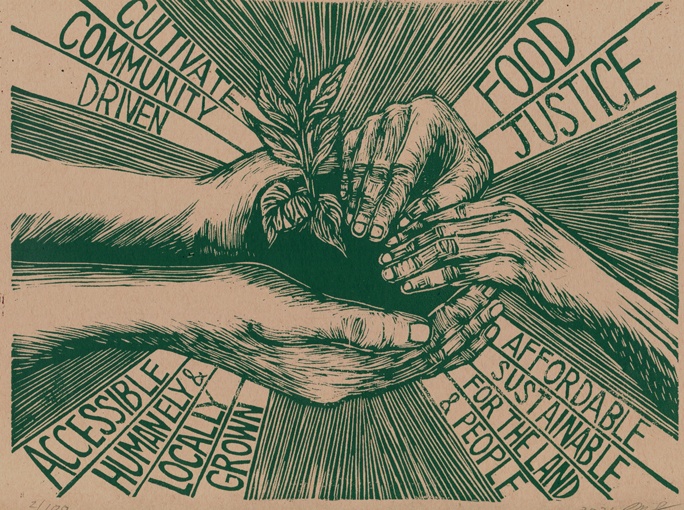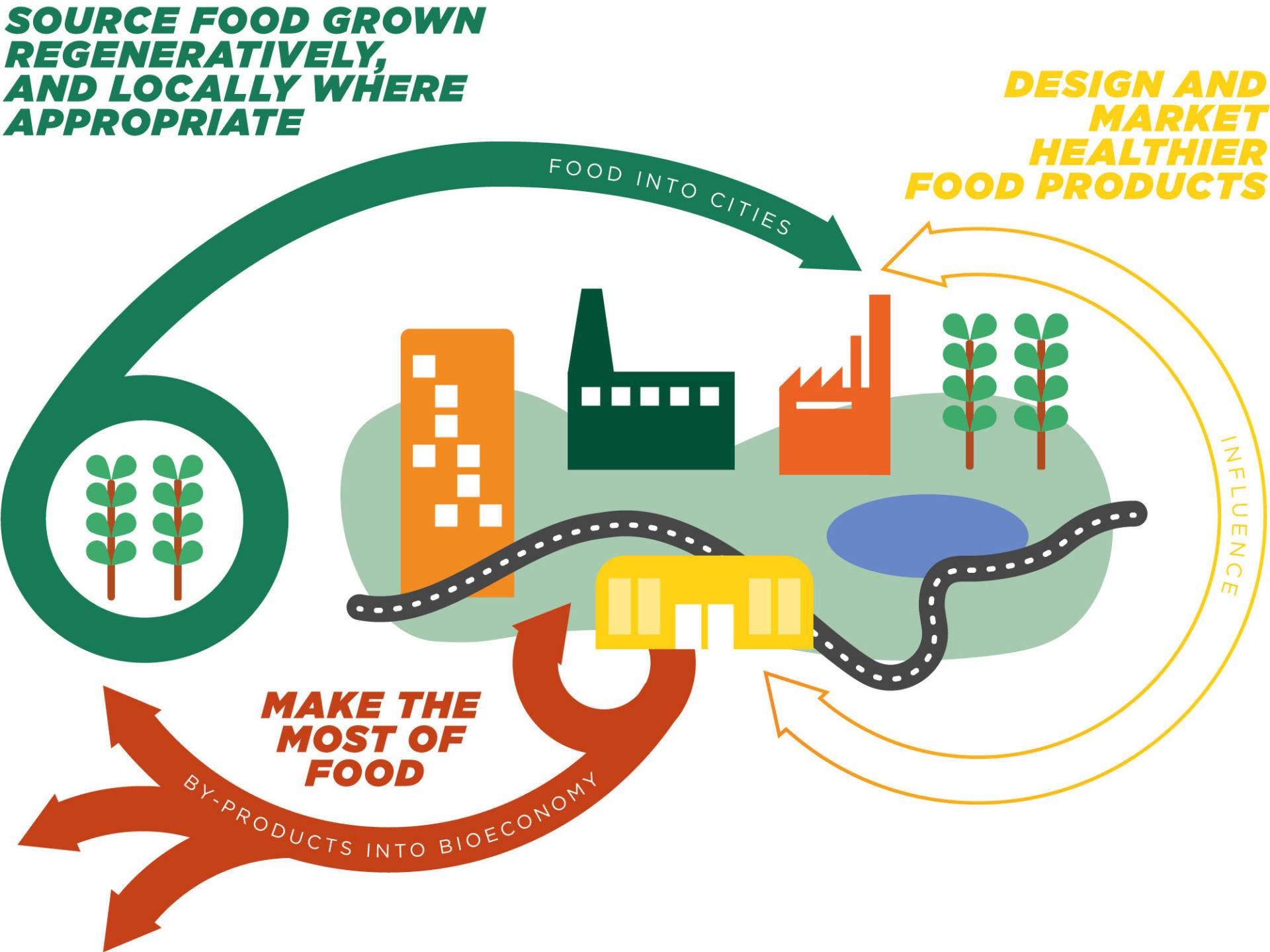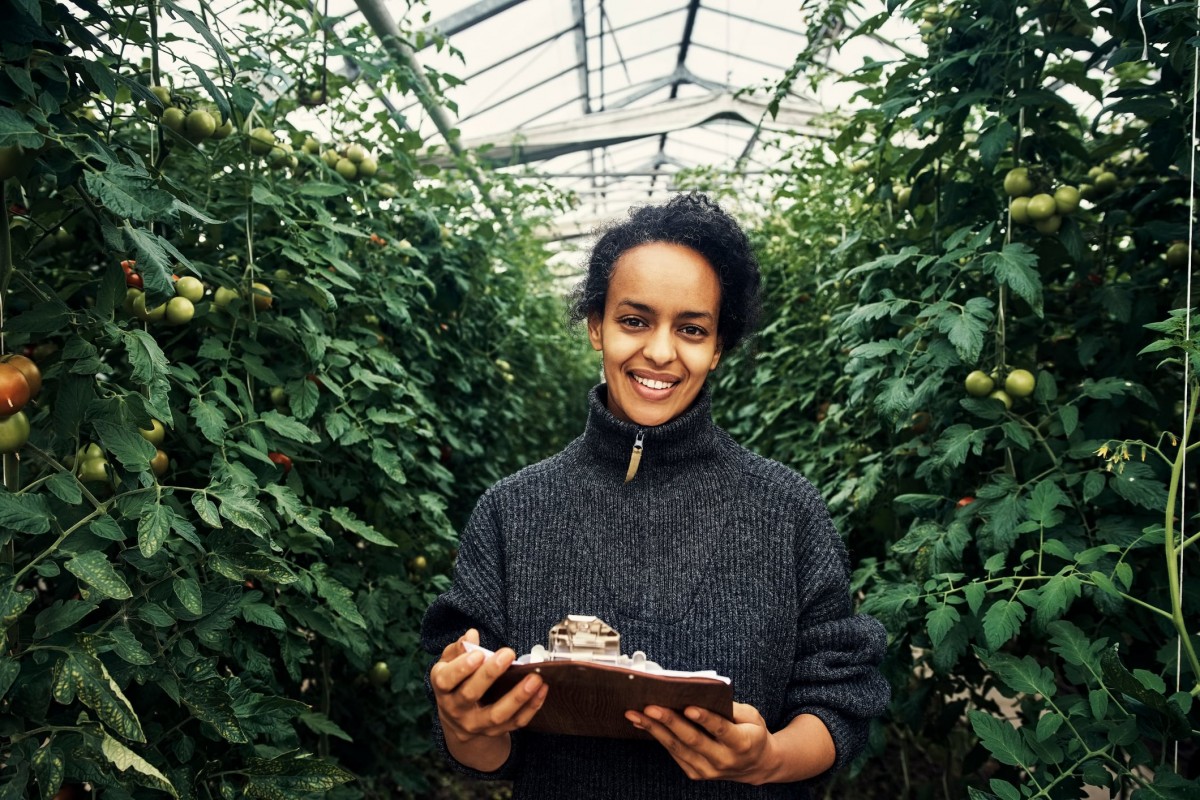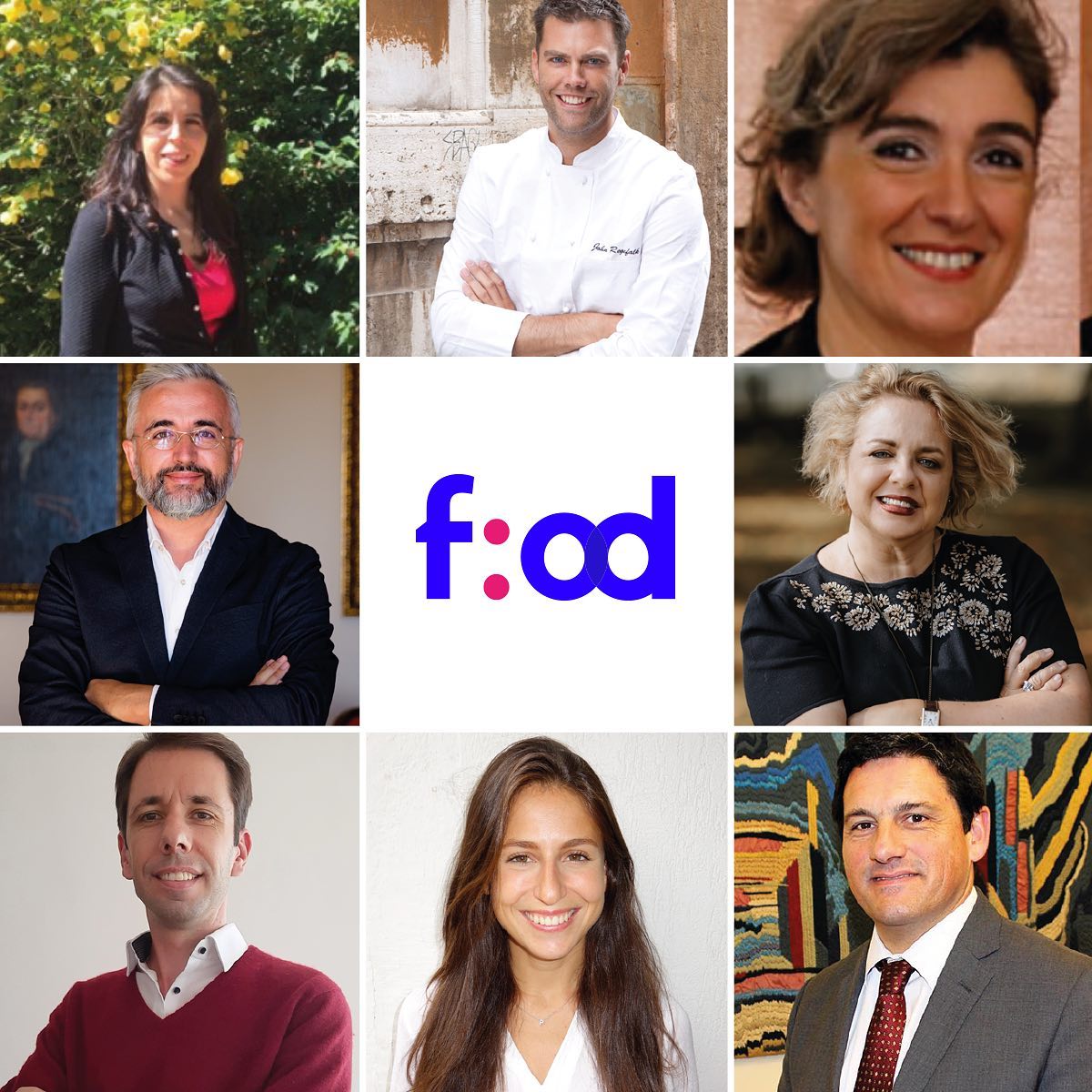eFOOD 2022 – The international Food Design Conference – is coming on 28-29-30 april
“Experiencing and Envisioning Food: Designing for Change” is this edition’s main focus
How can our food systems be re-designed to value social, economic, and environmental justice?
The food system is the world’s largest industry, with over one billion people engaged in the production, transportation, processing, and preparation of food every day.
The resources required to sustain this system are vast: food production consumes over 50% of the planet’s habitable land surface and 70% of its freshwater, and is one of the top contributors to ever-increasing emissions.
Ecologically, economically, culturally, politically, and historically, food shapes the world around us.
The current state of our globalized food system is strikingly fragile, built on an unsustainable base of industrial-scale monoculture and fueled by systemic injustice and environmental degradation.
Optimized to value efficiency and profit, the infrastructure built to support the production and consumption of food manufactures scarcity and manipulates surplus at a global scale. Meanwhile, our daily habits of consumption are disassociated from the meaning of what and how we eat.

As climate change accelerates, a radical re-designing of the system and the infrastructure that sustains it is necessary.
Food, energy, water and climate may well be considered the elements that offer us the most challenges in contemporary society. Today the changes implicit in these challenges comply with the production of sustainable and safe food, water and energy for 7 billion people. This clearly means that we have to rethink and create alternative sustainable sources for our planet – Ricardo Bonacho, FORK Co-founder, Conference chair

The world’s current food system is not “broken.” It’s working exactly as designed.
And it’s not as resilient and sustaining as it could be for our families, communities, businesses, and environment. The future of food needs to be equitable, regenerative, and nourishing for all people and the planet.
To get there, we have to tackle complex challenges. Many of them can only be solved with the help of tangible, collaborative, and human-centered approaches.
That’s where design can help.
eFood2002 explores how design can help reconstructing better, equitable, and self-determined food systems that nourish the people and places that depend on them.
eFood2022 aimes to spot the light on design as the leverage tool for efficient food systems
By applying design to food, eFood strongly believe that we can support and encourage the development of an healthier and more ethical, equal and sustainable world.

The Conference
The 3rd International Food Design and Food Studies Conference, “Experiencing and Envisioning Food: Designing for Change”, seeks to explore potential solutions to current problems of the food system and scenarios on the future of food and nutrition.
The conference emerges as a forum where academics and experts collaborate in an interdisciplinary and transdisciplinary way on the current food system and its food.
Like its previous editions (held in 2017 and 2019), it is intended to be a meeting between the world of design and food with other scientific areas.
The fundamental objective of the conference is two-fold: generate value for our food and value design as a research and work methodology.
Food industry will have to count on food designers to face the huge challenges ahead with a different mindset and tools, says Pedro Alvarez, Co-founder FORK
This important goal can only be achieved if specific steps are taken if we carry out essential tasks. If to define a goal, it is necessary to emphasize the benefits and reasons for this. To achieve it, it is instead necessary to focus on a specific and positive process. For this reason, the word is ‘envisioning’, as the ‘ability to plan the present and activate change, having a holistic and systemic approach, looking towards the future’. It is also intended that academics interact with the industry, and the proposed format facilitates collaboration between diverse scientific domains.

The Objectives
Design better food system for everyone. Building the skills, products, solutions, and organizations we need for the future of food – and of humanity
eFood2022 ‘theory of change’ requires the need to ‘envisioning’, as the ability to plan the present and activate change through an holistic and systemic approach, reconnecting fragmented parts of the food system using design to reshape the following broad areas of focus:
- Food and food systems as a responsibility and an opportunity
Design can help businesses and organizations thrive: responsibly, sustainably, and in ways that return value to the world. A design-driven approach to food systems means embracing design’s impact on communities, individuals, cultures, and natural ecosystems
- Collaboration as critical to building new and innovative solutions
Food systems are systems, so strongly interconnected. Their transformation requires work side-by-side among clients, partners and allies to improve them and to address some of the thorniest problems. Mutually beneficial coalitions of change are the only way forward
- The diverse experiences and creativity of people as central to the future of our food
Food is, by definition, inclusive and so food systems need to be, and respectful to, and grounded in the needs of individuals and communities across the globe
Design can help honoring the full range of people’s contributions, from academia to professional knowledge, from lived experience to indigenous expertise.
The Organizer: FORK
FORK is a global non-profit organization of people interested in food and design that aims to re-think and (re)frame the food systems and human diet. It is a think tank of experts and professionals who work in the food and design sectors and want to (re)design the food systems.
FORK is a community that inspires people, industry, academia, and professionals to understand their role in the complexity of food systems and to develop their agency skills.
FORK is a dream that comes from different areas and disciplines and converges into an expanding territory – Food Design.
“F.O.R.K, through EFOOD conference, proposes to show the need of bringing together food design, research, gastronomy and food industry in order to create community and help understand, as well as give visibility to projects that show design as a tool for change”, states Mariana Eidler, FORK Co-founder.
Keynote Speakers
Professionals, leaders and visionary, all groundbreakers in their field, will gather over three days to support their missions through sharing best practices, design services, unlocking news models for implementation.
Among them:
Chef Cristina Bowerman, on being a role model for women in a professional world, committed at improving and expanding the training offered in Hotellerie and Management schools.
Chef Yozef Youssef, pioneer of the gastrophysics – gastronomy + psychophysics – the understanding of how our senses alter our perceptions of flavour and taste, and amongst the most established practitioners to specialize in applying the research in this fascinating emerging field to curate experimental dining as well as impact research projects exploring how the science can be used to encourage healthier or more enjoyable eating experiences to those most vulnerable – i.e. children, blind, hospital patients.
Mariana Amatullo, President of Cumulus, the leading Global Association of Art and Design Education and Research and Associate Professor of Strategic Design and Management at Parsons School of Design, New York will speak on “design and education for social innovation”
Martí Guixè: he’s the one who formulated a new way to understand the culture of products. His work is characterized by the search for new product systems and the introduction of design in food environments Since 2014 is professor of Food Design in the Scuola Politecnica di Milano. At eFood2022 will talk on “history, present and future of the Food Design Movement”
Mattia Busti, Agronomists, AWAF Chief Executive Officer since 2021 and WAA General Secretary since 2015. Former Board Member of the Italian National Council of Agronomists and Foresters (CONAF) and Coordinator of the Department of Landscape and Land Planning, will talk on The Role of Agronomists in Sustainable Agri-food Chains Planning in Europe and in the World
Rick (H.N.J.) Schifferstein, Associate Professor at the Faculty of Industrial Design Engineering of TU Delft. His topics of interest include (multi)sensory perception, food design, and experience-driven innovation. He is also the founder and director of the Food & Eating Design Lab on which staff members and design students work together to improve people’s interactions with their daily foods, whose results will be presenting at eFood2022
Steven M. Finn, Vice President of Sustainability and Public Affairs for Leanpath, the global leader in integrated hardware and software solutions for food waste prevention, where he helps clients take control of their food waste while engaging their employees in creating a culture of food waste prevention. At eFood2022, will dig into food waste reduction and prevention strategies.
“I am very happy that the conference includes actors from all over the agri-food chain. Agriculture included. Design can help identify new opportunities and collaborations. The complexities of today’s world are triggering significant movements: we are all part of a design operation to rethink the systems of relationships, models and assets to generate new alliances, innovative and transdisciplinary ways of working”, said Sonia Massari, Co-founder FORK

3-day Agenda
Over the three days, keynote speeches, talk, round tables, workshop will offer participants a unique chance to get to know more about food systems, their present and the future we all might commit to design for them, and about the skill, the process and the tools that will help do so.
eFood2022 is happening on site in Lisbon, and online on the official website
Registrations are now open via Eventbrite, here
Topics covered
- Farming, biodiversity and conservation
- Institutional food preparation and consumption (schools, hospitals, prisons)
- Social and economic justice in regional food systems
- Food literacy, food culture, food education
- Gastrophysics
- Food waste reduction and prevention
- Experience-driven innovation
- Re-frame the food systems through design
just to mention a few.
Maker Faire Rome will also follow the Conference and its proud to have hosted, during its 2021 Opening Conference, a keynote speech by Sonia Massari, FORK co-founder, on “Resilient communities from resilient food”. Find the video here below:
How to participate
Registration are open via Eventbrite. Find all info here
SAVE THE DATE: eFOOD2022 is happening aprile 28-30!
source: FORK Organization
Cover image: FORK / Pixabay / Unsplash
Maker Faire Rome – The European Edition has been committed since nine editions to make innovation accessible and usable to all, with the aim of not leaving anyone behind. Its blog is always updated and full of opportunities and inspiration for makers, makers, startups, SMEs and all the curious ones who wish to enrich their knowledge and expand their business, in Italy and abroad.
Follow us, subscribe to our newsletter: we promise to let just the right content for you to reach your inbox



















































































